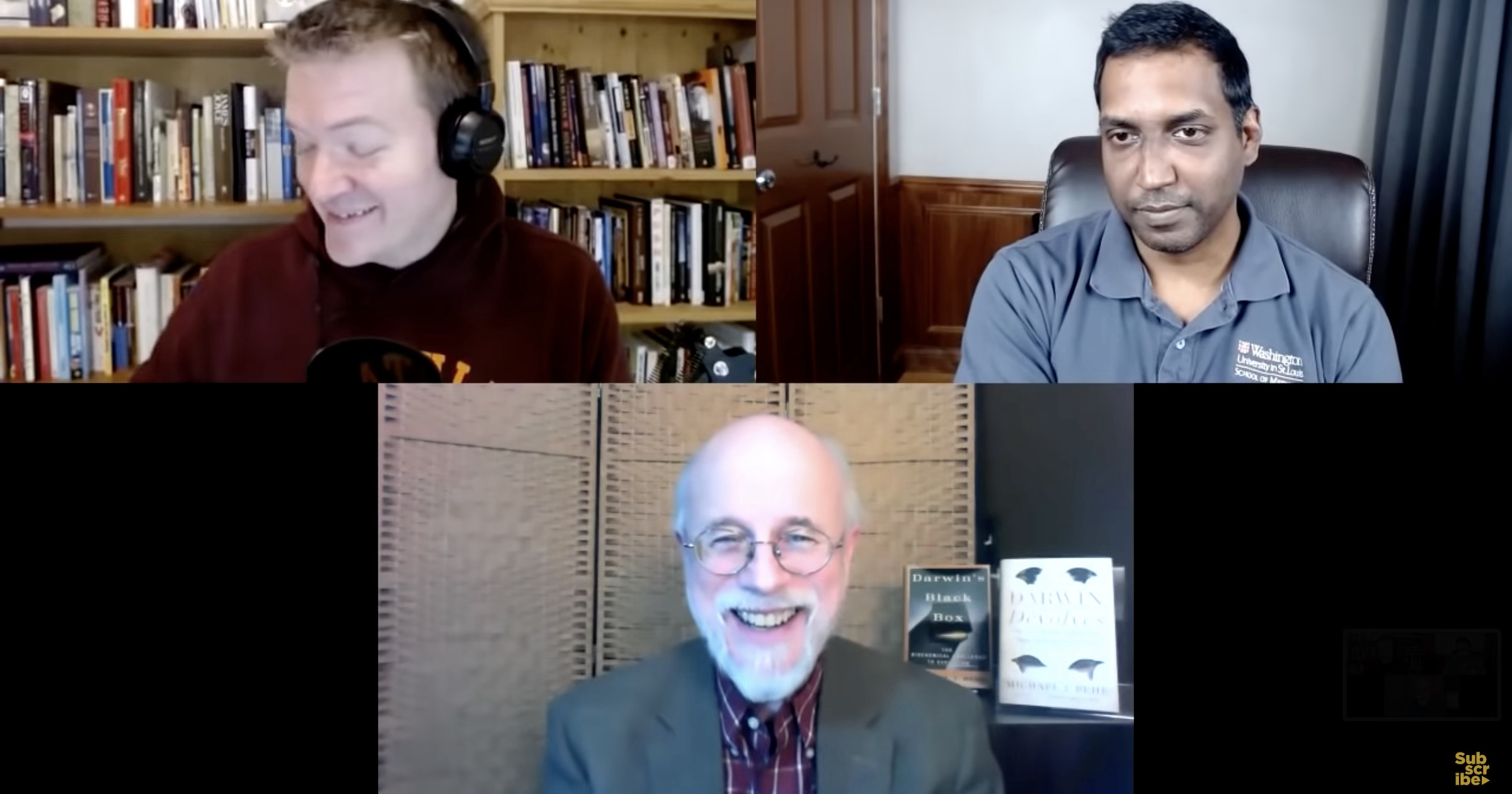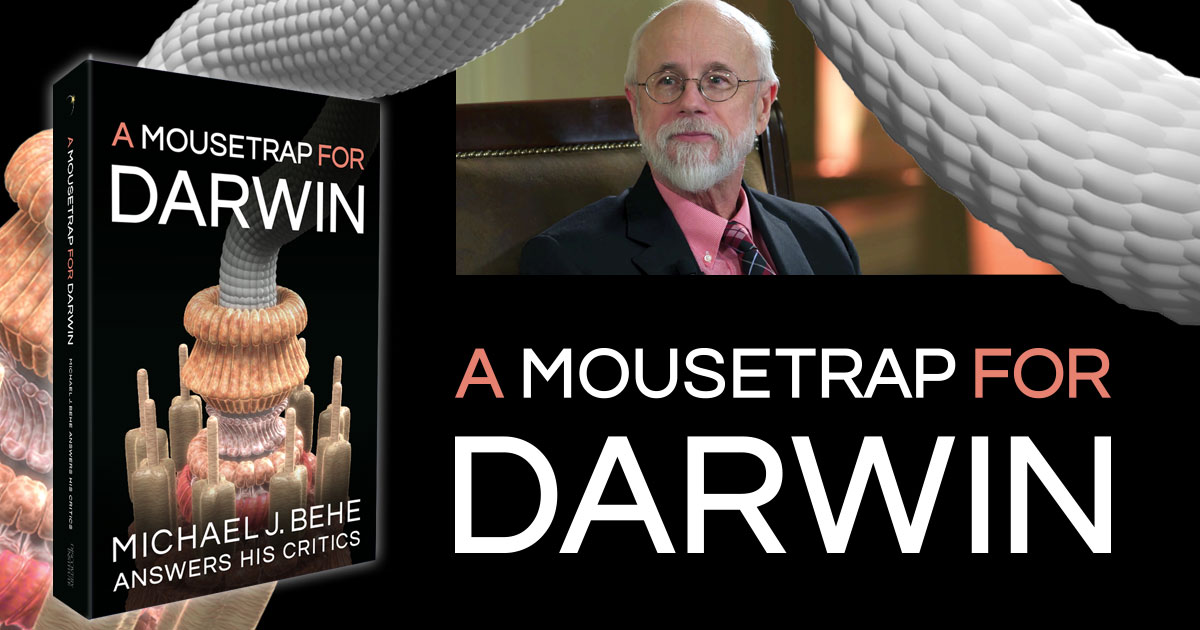 Faith & Science
Faith & Science
 Intelligent Design
Intelligent Design
A Physician Describes How Behe, and Intelligent Design, Changed His Mind

There’s no better tribute to the power of ideas than a changed mind. Erik Strandness is a physician in Spokane, WA, practicing neonatal medicine. He watched a new exchange between biochemist Michael Behe and computational biologist Joshua Swamidass on the excellent and always thoughtful series Unbelievable? with Justin Brierley. He writes to differ with Swamidass and to describe his own change of ideas, from theistic evolution to intelligent design.
The timing and circumstances of his intellectual evolution aren’t totally clear from the article. It preceded the Behe/Swamidass discussion. But his account is a valuable read nevertheless. As Dr. Strandness points out, Professor Swamidass doesn’t call himself a theistic evolutionist, but “he seems to share its favorable stance towards evolution and its opposition to intelligent design.”
God in a Box
Strandness reflects on his Lutheran upbringing. He “always had a place for God in my life, but that was exactly my problem: I had a place for God in my life….Part of the reason I compartmentalized my faith was because I was a science guy and science told me I was just an evolved chemical.” The compartmentalization, characteristic of theistic evolution, was unsatisfying to him. “While Swamidass’ goal is admirably to harmonize Christianity and science, I feel like all he has really done is say it’s OK to live with the tension.”
The theme of disappointment with a theistic evolutionary approach runs throughout his essay:
Interestingly, many theistic evolutionists don’t find God under the microscope but do in the courtroom. It appears they are more convinced of God’s existence by the moral argument than the scientific argument.
I’m glad that they find assurance for their faith in this minimalist approach, but it leaves a huge chasm between an awe-inspiring Big Bang and the appearance of morality and consciousness in human beings. A gap which they fill with a rather bland series of naturally selected mutations.
They give God credit for the big-ticket items, but don’t want to bother Him with the mundane task of speciation. Sadly, they reduce the book of nature to a Rorschach ink blot that offers us a vague psychological rendering of God’s subconscious rather than fine biological literature that reveals the sharpness of His mind.
Common Ground with Intelligent Design
On the other hand, Strandness, as a physician, finds common ground with Professor Behe and his arguments for the irreducible complexity of certain biological structures. Swamidass in the discussion on Brierley’s show says he believes “God was involved in the rise of humans but I don’t actually see any biochemical evidence of God’s design there.” Dr. Strandness does see that evidence, however.
I have to respectfully disagree with him because I treat my patients based on an irreducibly complex physiological template that I didn’t create, but which I dismiss at my own peril. I’m able to successfully practice medicine because my patients are fearfully and wonderfully made, not because they were naturally selected to survive.
Interestingly, a whole field of science called biomimetics has emerged that takes the superior design of irreducibly complex biological machines and tries to replicate them at the macro level. It appears that rather than dismissing design, science is beginning to imitate it as the sincerest form of divine flattery.
Swamidass made the case that biological machines are not machines in the traditional sense. However, I think he would get some push back from the biomimeticists who know that nature has given them a template for a better mousetrap, which, if successfully replicated, will inspire the world to beat a path to their door.
“An Intellectually Fulfilled Christian”
Strandness concludes:
Richard Dawkins famously said that Charles Darwin made it possible for him to be an intellectually fulfilled atheist, but I found that [intelligent design] made it possible for me to be an intellectually fulfilled Christian.
As I said here yesterday, it’s hard to dispute the experience of practicing physicians who, unlike evolutionary biologists, are tasked every day with keeping a designed object — the human body — going strong. Swamidass, I should note, is himself medical doctor as well as, like Michael Behe, a research scientist. Dr. Behe’s new book, A Mousetrap for Darwin, collects his detailed responses to critics over the years, including Dr. Swamidass.

